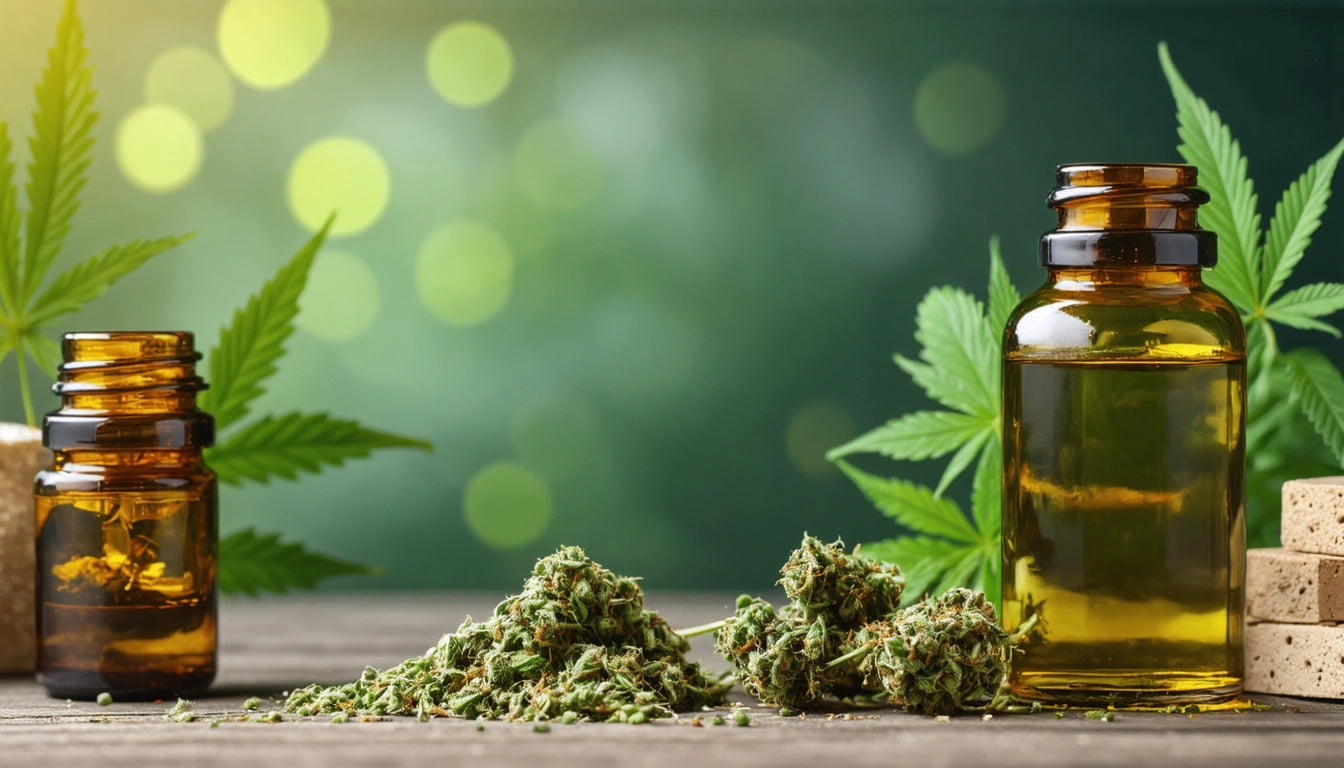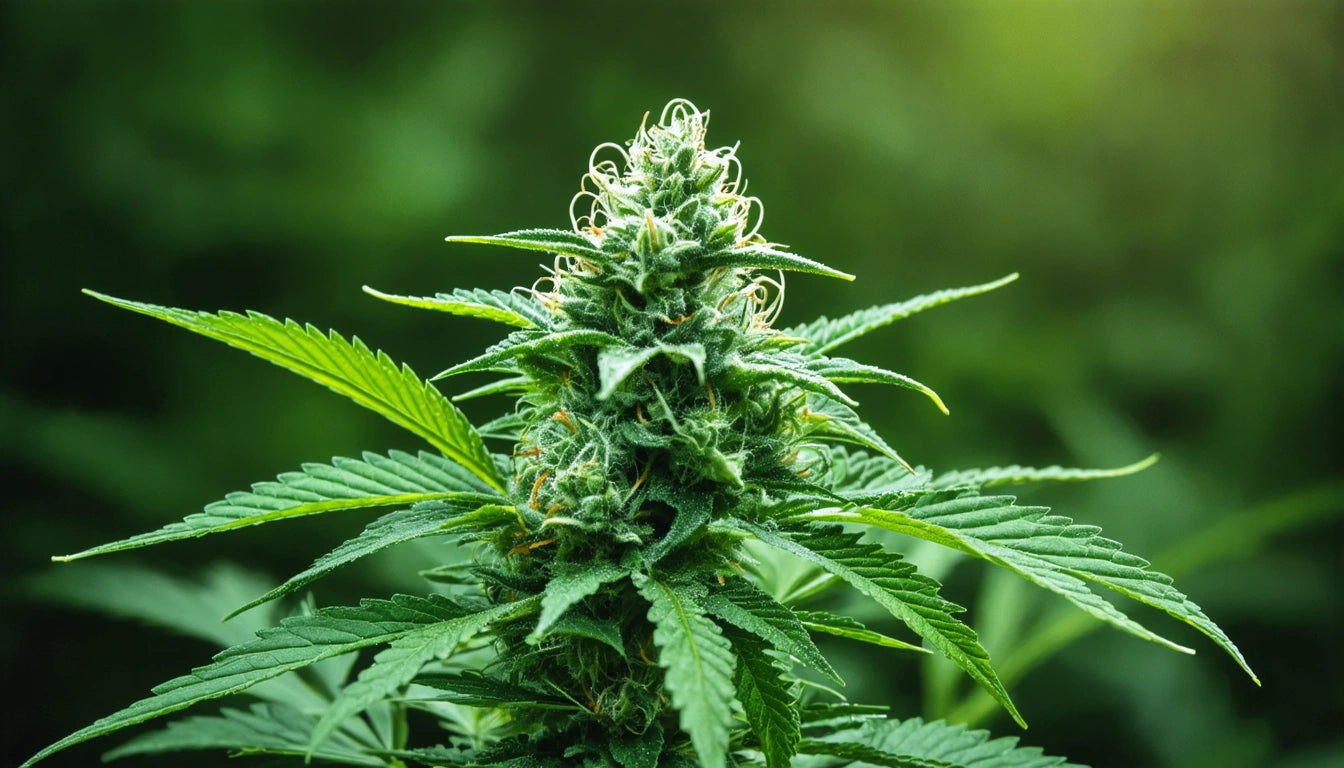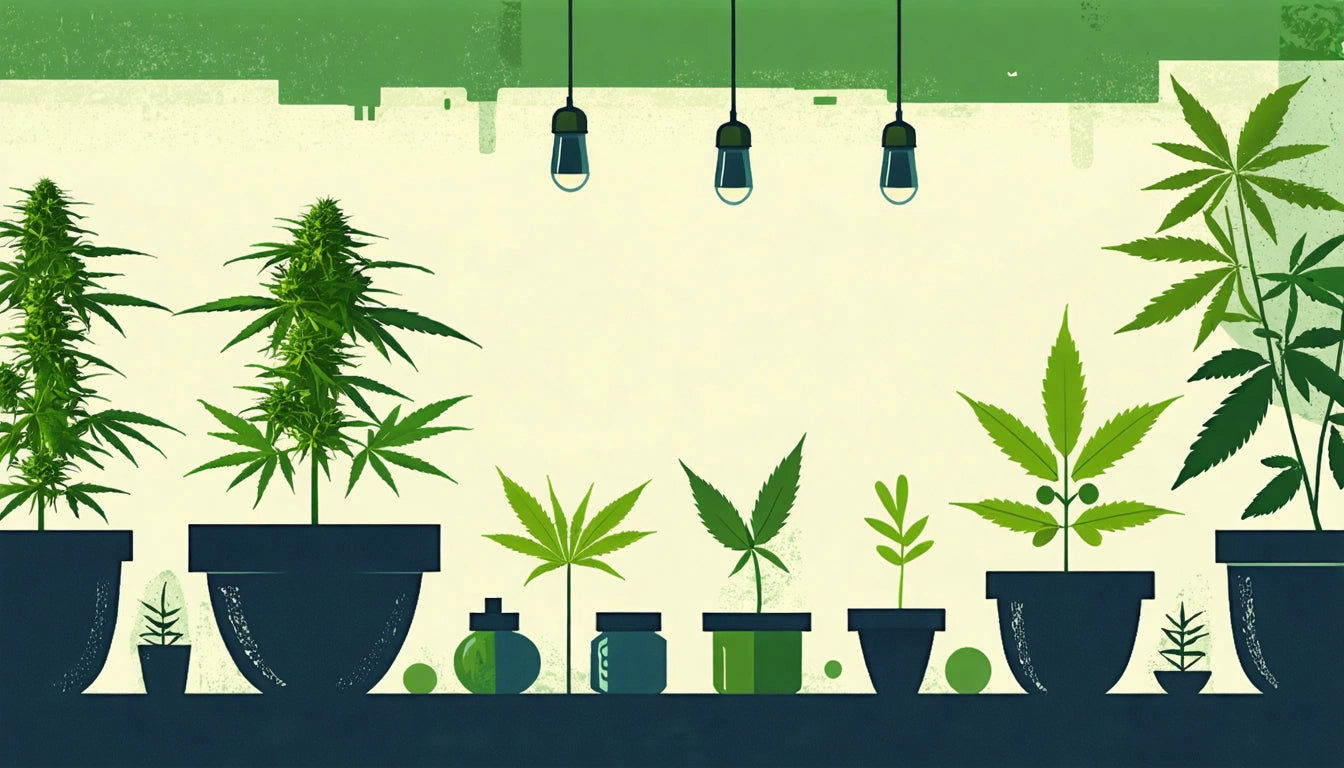Table of Contents
Can Weed Be Fatal? Exploring the Risks and Myths
The question "can weed kill you" has been debated extensively as cannabis legalization spreads across the country. With increasing accessibility comes greater responsibility to understand the true risks and separate facts from fiction. This article examines the scientific evidence behind cannabis safety, potential dangers, and the importance of responsible use.
Cannabis Lethality: Separating Facts from Fiction
The direct lethality of cannabis is remarkably low compared to other substances. According to medical literature, there has never been a documented case of a fatal overdose caused solely by cannabis consumption. This is primarily because cannabinoid receptors, unlike opioid receptors, are not located in the brainstem areas controlling respiration.
The theoretical lethal dose of THC would require consuming approximately 1,500 pounds of cannabis within 15 minutes, making it physically impossible to achieve through conventional consumption methods. This fact has led many to believe that cannabis is completely harmless, but this oversimplification overlooks other potential risks.
Physiological Effects of Cannabis on the Body
When consumed, cannabis affects multiple body systems. THC, the primary psychoactive compound, binds to cannabinoid receptors throughout the body, particularly in the brain, affecting cognition, coordination, and perception. Understanding these effects is crucial for responsible use.
Common physiological effects include:
- Increased heart rate (tachycardia)
- Dilated blood vessels and bloodshot eyes
- Dry mouth and increased appetite
- Altered sense of time and impaired short-term memory
- Decreased coordination and reflexes
While these effects are typically temporary and non-life-threatening, they can pose indirect risks in certain situations, such as driving or operating machinery.
Potential Health Risks Associated with Cannabis Use
Cardiovascular Concerns
For individuals with pre-existing heart conditions, cannabis use can potentially increase risk due to its effects on heart rate and blood pressure. Research on potential dangers suggests that cannabis may trigger cardiovascular events in vulnerable populations, though causality remains difficult to establish conclusively.
Respiratory Issues
Smoking cannabis, like smoking any substance, can irritate the lungs and respiratory system. While the link between cannabis smoking and lung cancer appears weaker than with tobacco, chronic bronchitis symptoms are documented among regular smokers. Alternative consumption methods like vaporizing or edibles may reduce these risks.
Mental Health Considerations
For some individuals, particularly those with a personal or family history of certain mental health conditions, cannabis use may exacerbate symptoms or potentially trigger episodes. This is especially relevant for conditions like schizophrenia or bipolar disorder.
Is Cannabis Overdose Possible?
While a lethal overdose from cannabis is virtually impossible, consuming too much can lead to extremely uncomfortable experiences sometimes called "greening out." Understanding overdose risks helps consumers avoid these negative experiences.
Symptoms of consuming too much cannabis may include:
- Extreme anxiety or paranoia
- Hallucinations or delusions
- Rapid heart rate
- Nausea and vomiting
- Disorientation and confusion
These symptoms, while distressing, are typically temporary and resolve without medical intervention. However, in rare cases, they may require supportive care, particularly when cannabis is combined with other substances.
Contamination Concerns: When Cannabis Could Be Dangerous
One legitimate safety concern is contaminated cannabis. Unregulated products may contain harmful additives, pesticides, mold, or other contaminants that pose health risks. The question "can pesticides in weed kill you" highlights this valid concern, as certain agricultural chemicals can be harmful when combusted and inhaled.
This is why regulated markets require testing and proper safety protocols. Consumers should always purchase from licensed, reputable sources that test their products for contaminants.
Safety Measures and Harm Reduction Strategies
Responsible cannabis use involves several safety considerations, including proper storage and packaging. The importance of child-resistant packaging cannot be overstated, as accidental ingestion by children represents one of the most serious risks associated with cannabis products. Safety packaging requirements help prevent accidental consumption by making it difficult for young children to access potentially harmful substances.
Additional safety measures include:
- Starting with low doses, especially with edibles
- Avoiding mixing cannabis with alcohol or other drugs
- Refraining from driving or operating machinery while impaired
- Storing products securely away from children and pets
- Being aware of your own sensitivity to cannabis, as effects can vary widely between individuals
Some people may wonder why cannabis affects them differently than others, which can influence appropriate dosing and consumption methods.
Informed Cannabis Consumption: Knowledge as Protection
The statement "weed can kill you" is not supported by scientific evidence when considering direct toxicity. However, responsible, informed use remains essential to minimize potential indirect risks. Understanding your own body, starting with low doses, avoiding contaminated products, and using appropriate consumption methods all contribute to a safer experience.
As cannabis continues to gain legal status in more regions, ongoing research will further clarify its risk profile and best practices for harm reduction. In the meantime, consumers should approach cannabis with the same caution and responsibility as any substance that affects cognition and physical function.
The most dangerous aspects of cannabis often stem not from the plant itself, but from misinformation, improper use, or contamination. By educating yourself about the actual risks rather than myths, you can make informed decisions about whether and how to use cannabis safely.











Leave a comment
All comments are moderated before being published.
This site is protected by hCaptcha and the hCaptcha Privacy Policy and Terms of Service apply.